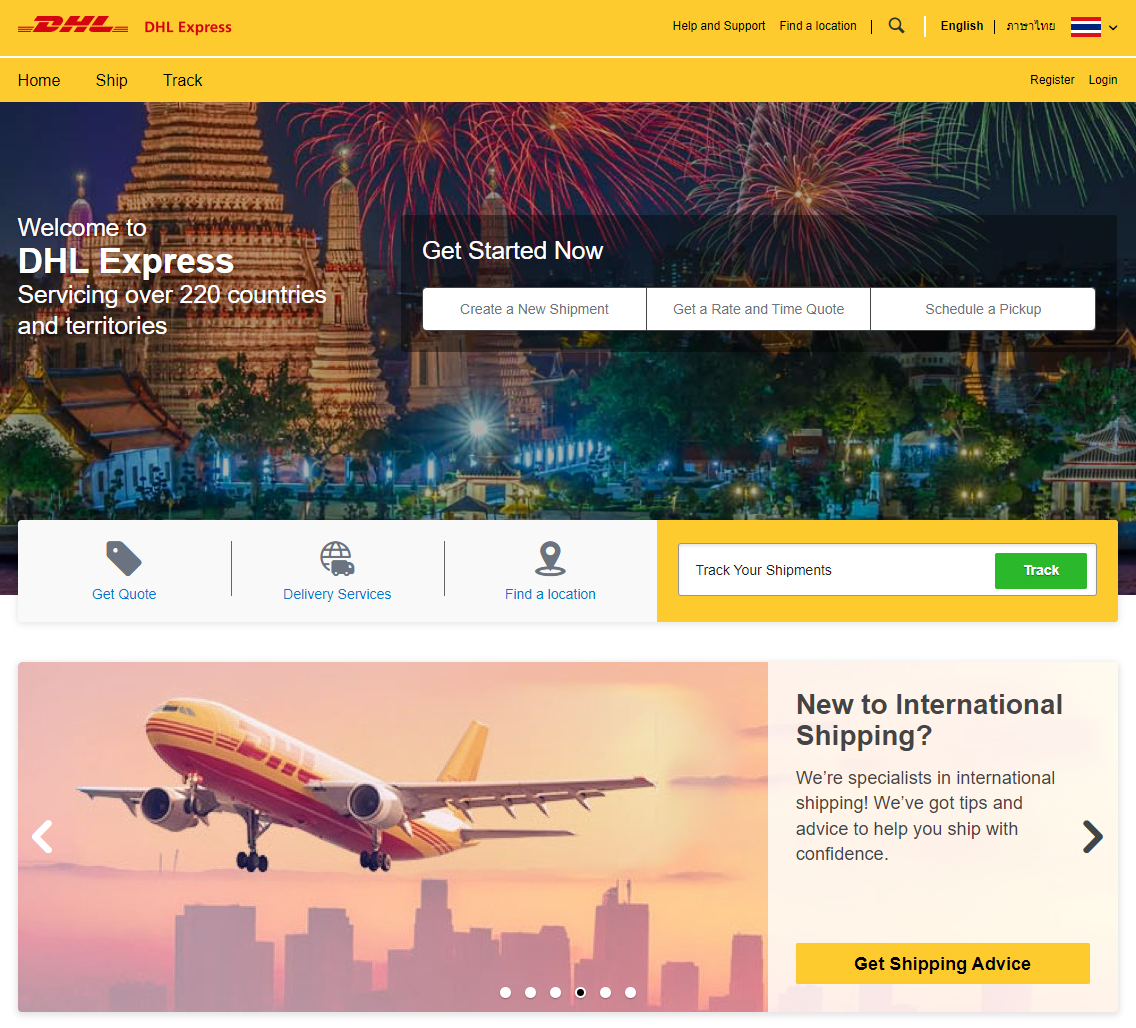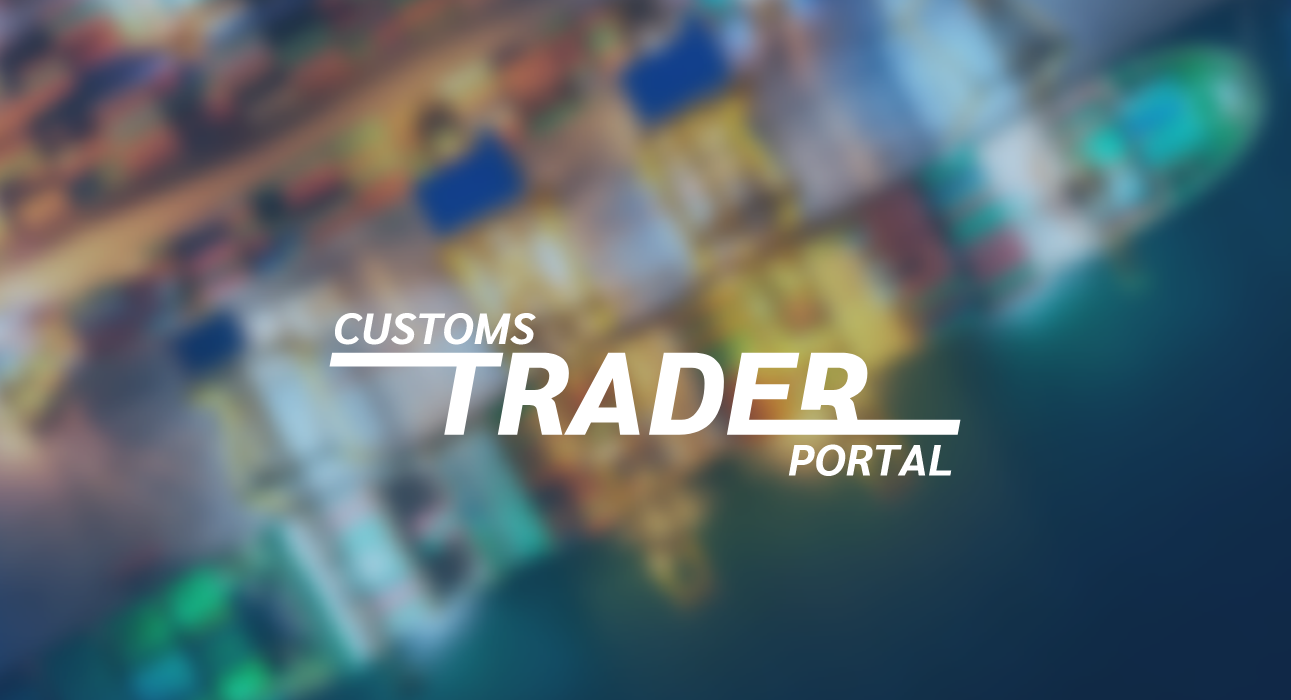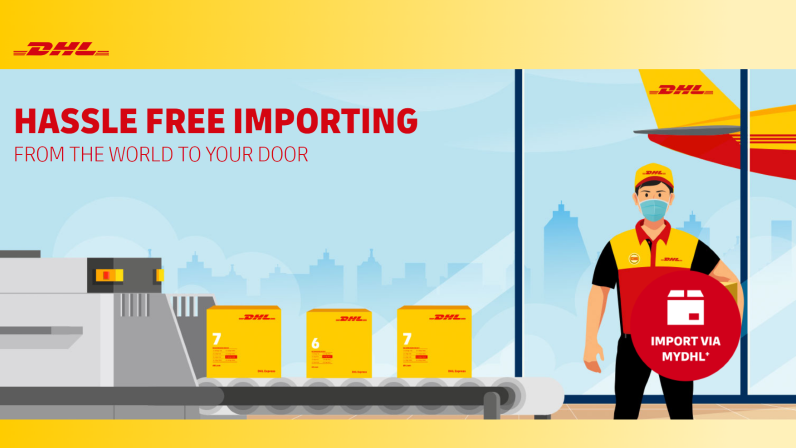Thailand Prohibited Goods
Before importing goods, check on import permit requirements and the classification of goods. Certain types of goods, though prevalently sold or used in other countries, may be prohibited from importing to Thailand or illegal. Some examples of prohibited goods in Thailand are:
• Cash including fake notes and fake coins
• Gold bars
• Preserved animals or CITES-listed wildlife
• Ivory
• All Illegal goods such as narcotics and counterfeit trademark goods, pirated goods and IPR infringing goods, pornographic materials
• Electronic cigarette and hookah
Thailand Restricted Goods
Restricted Goods are goods of which the import and export are restricted by law and therefore require a permit or special licenses from the related government agencies, or certificates confirming that the imported goods comply with regulations and conditions applied by the related government agencies. The declaration of mandatory documents is required for customs clearance before import and export.
Some examples of restricted goods in Thailand are:
• Buddha images, antiques, or objects of art (require permission from the Fine Arts Department)
• Guns, bullets, explosives, fireworks, and imitation firearms (require permission from Department of Provincial Administration, Ministry of Interior)
• Plants and their parts (require permission from Department of Agriculture)
• Live animals and carcass (require permission from the Department of Livestock Development)
• Wild animals and carcass (require permission from the Department of National Parks, Wildlife and Plant Conservation)
• Food, medicines, cosmetics, food supplement, and medical instruments (require permission from Food and Drug Administration)
• Vehicle parts (require permission from the Ministry of Industry)
• Cigarette, tobacco, and alcoholic beverages (require permission from The Excise Department)
• Communication radio devices and telecommunications equipment (require permission from the Office of The National Broadcasting and Telecommunications Commission)
The importers have to register with the Thai Customs
The Thai Customs has developed its Customs Trader Portal where new importers can sign up and select their customs broker (DHL Express, for example) online. You are no longer need to visit a Customs Service Center or bring your ID card with you to register at the service center.
To import goods into Thailand, all importers are required to register with the Thai Customs. We recommend you to register online through the Customs Trader Portal in advance to ensure a quick, and smooth import process. This registration site is recently opened to serve natural Thai citizens who have never registered with the Thai Customs before.
Click HERE to register online. After the registration, you must verify your identity at Krung Thai banks or Krung Thai ATMs, or via Paotang app. For the step-by-step guide of the registration process, click HERE.
How to Calculate Import Duties and Tariff
Importation of goods or personal belongings into Thailand must pass customs clearance or must be declared to customs authorities depending on the nature of the imported items such as their origin country, quantity, and value. In case of duties and taxes are applicable, the importers are responsible for the paying any tariffs and taxes (import duties or VAT for cross-border shipping).
The import duties and taxes will be determined in accordance with Section 2 of The Customs Tariff Decree B.E. 2530 and applied to goods with CIF values greater 1,500 baht or restricted goods.
CIF price is composed of:
• Cost: The price of the items as stated in the Commercial Invoice
• Insurance: 1% of the cost of the good
• Freight: Cost of shipping
In short CIF price = Cost + Insurance + Freight
Calculation Formulas
• (cost + insurance + freight) = CIF
• CIF x import tariff rate = import duty
• (CIF + import duty) x VAT rate = VAT
• Import duty + VAT = total payment
The tariff rate for each type of goods are represented by the Harmonized System (HS) code which as created and and controlled by World Customs Organization (WCO). Running, for instance, are identified by the HS code 6402.19.90, which has a 30 percent charge, while wrist watches are identified by the HS code 9102.11.00, which carries a 5 percent duties. You can check the tariff rate by clicking the Harmonized System (HS) menu on the Thai Customs website.
Payment of Import Duties
Using DHL Express's importing service will be the most convenient for you because DHL is an express delivery service provider who has registered with Thai Customs and is authorized to handle the customs clearance process on behalf of importers and exporters.
In order to provide a fast, seamless delivery experience, DHL Express will pay import duties in advance on behalf of importers and exporters and will collect the payment and disbursement fee when having door-to-door delivery. If your shipment requires duty payment, our Advance Duty Collection (ADC) service will notify you through SMS or email. You can click the given link to pay online with a credit card or paying in cash to our courier staff.
Let DHL Express Assist You with Import
Importing is easier than ever! DHL Express has provided fast delivery services that allow you to import goods from more than 200 countries. All of your shipment will be worried-free because we will handle the customs clearance procedure and deliver the imported items to your recipients (in Thailand) in perfect condition. You just need to visit our website, make your reservation, and pay with credit card. DHL Express will do the rest.
Watch our video HERE to learn how to import in detail.
All You Need to Know about Import! And How to Calculate Import Duties
Today you can import goods into Thailand easier with helps from DHL Express, the world leader in express courier delivery services whose portfolio cope with all importing demands covering import for commerce, import for manufacturing, and import personal belongings.
You can make a booking online to import easily by follow these following this steps.
1. Go to https://www.mydhl.express.dhl to make a booking online for import and export on one platform (a desktop computer is recommended)
2. Choose the origin country and the destination country. For import, click Thailand for the destination country
3. Complete the form by filling name, address, telephone number, and email of the sender in the origin country in the English language. Doing the same for the receiver (importer)
Important! Please make sure that the given information is correct. Your shipment status will be updated via the given email and telephone number using SMS. Our courier staff will go to the given address to take and deliver the shipment.
4. Complete the details of the importing shipment (such as document or parcel), purposes of import, and products details such as quantity, value (with currency), weight, and manufacturing country
5. Complete the details of the boxes or packaging such as quantity, weight, and dimension (width, length, height)
6. Choose the delivery date and pay via your credit card
7. Once the payment has been made, you will receive a waybill to track the shipment
8. You can print, download or share the document with the sender in the origin country. So they can print and attach it to the shipment
9. Once your booking is completed, the sender in the origin country will receive a link from DHL Express to confirm the pick-up with our staff. Also, they can review the pick-up address, product detail, and packaging detail
10. After receiving confirmation from the sender, our staff will go to the pick-up address to take the parcel and prepare it for delivery to Thailand.











